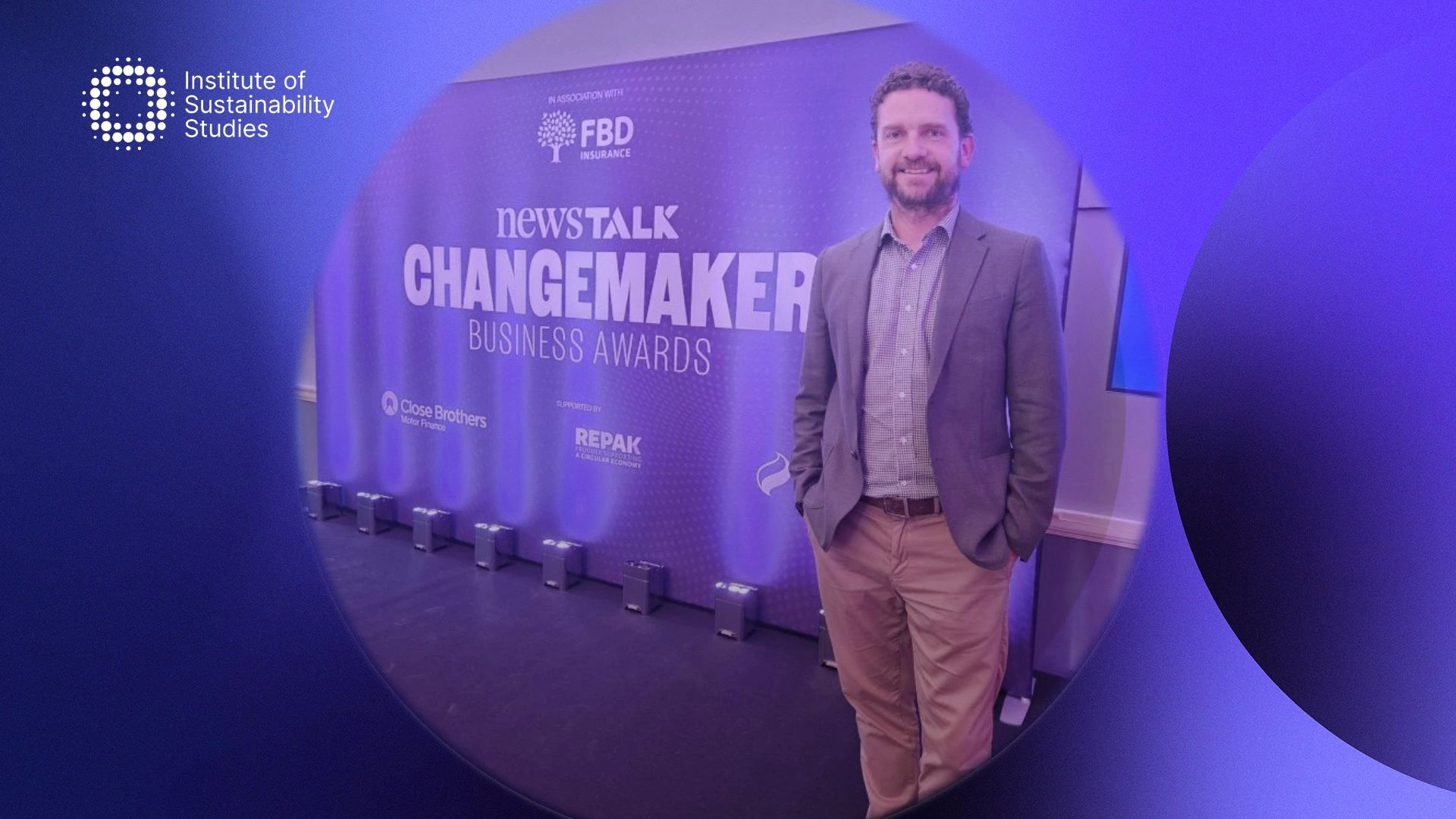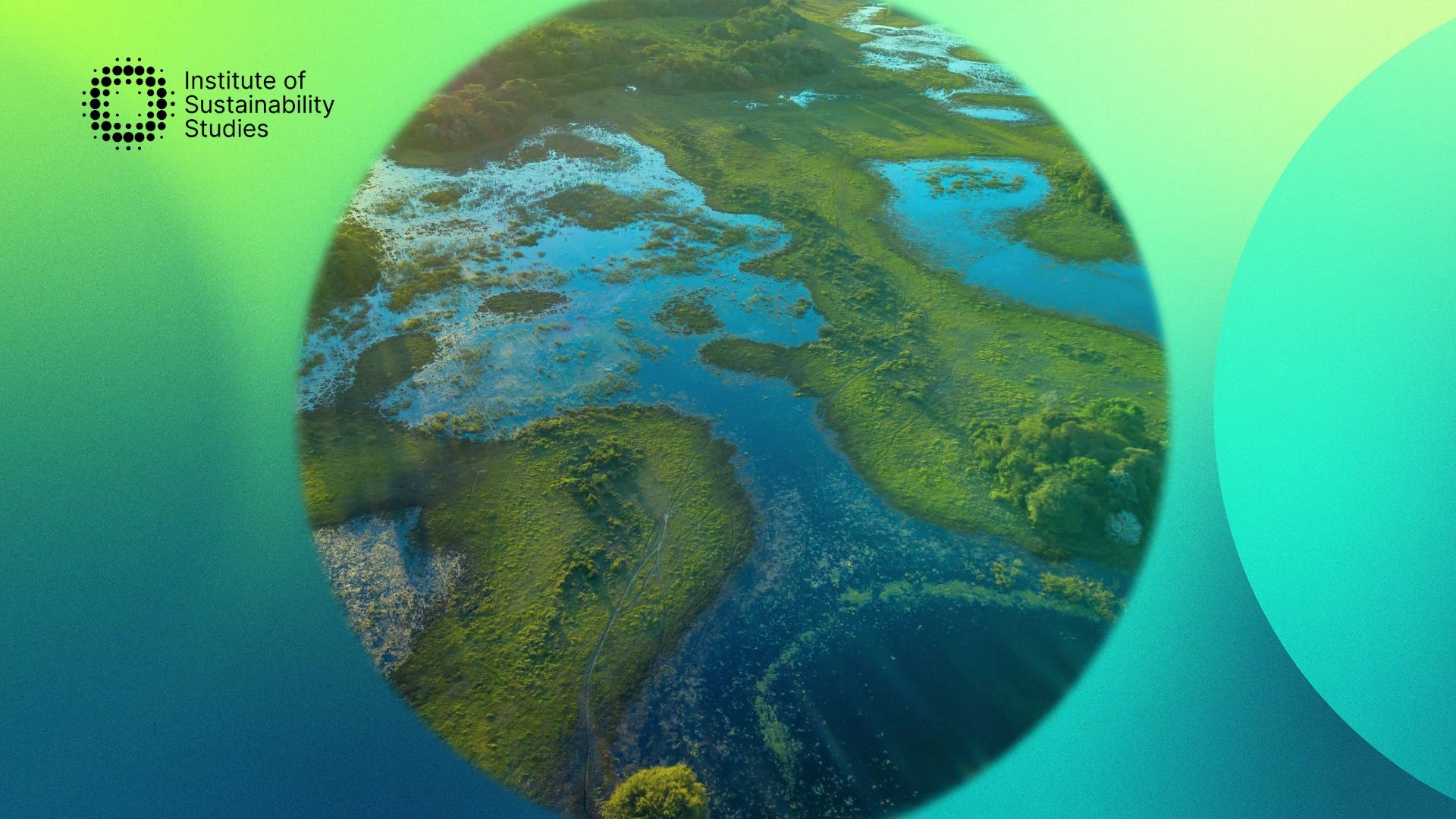The 28th Conference of the Parties (COP28) to the United Nations Framework Convention on Climate Change (UNFCCC) is poised to be a defining moment in the international climate dialogue. As the world grapples with unprecedented weather calamities, the Conference in Dubai becomes not just a meeting but a clarion call for urgent action. Incorporating a comprehensive sustainability strategy is crucial as nations seek to align their sustainability efforts with global objectives.
COP28 is more than a routine congregation; it’s a response to a planet’s plea, a negotiation for its future. This year’s Conference carries the weight of escalating climate crises, with a clear mission to foster consensus and catalyse robust climate policies. As nations converge in the UAE, the stakes are high to advance the commitments of the Paris Agreement and strive towards the 1.5°C goal, making COP28 a critical juncture in the global climate effort. With 197 signatory parties participating, COP28 stands as a testament to widespread international commitment and collaboration in addressing climate change.
What is COP28: an overview
Scheduled from 30 November to 12 December 2023, COP28 will unfold in Dubai’s Expo City, a symbol of innovation and progress. The Conference will commence with the World Climate Action Summit, a prelude to two weeks of intense negotiations and discussions. A thematic programme will guide the Conference, spotlighting critical issues each day, including a new focus on health and climate change. COP28’s agenda is set to be comprehensive, addressing the nexus of climate change with various sectors of global importance.
Who is attending COP28?
COP28 will see a diverse assembly of over 200 governments, alongside environmental NGOs, think tanks, and private sector representatives. A particularly significant attendee this year is Pope Francis, whose confirmation to attend underscores the growing concern for the environment within global religious communities, highlighting the Church’s commitment to addressing climate change. This presence of a high-profile religious leader like Pope Francis marks a profound statement about the universal importance of environmental stewardship. Additionally, the presence of a large contingent of fossil fuel lobbyists at previous COPs has raised questions about the representation and influence of the most affected countries and communities, further emphasising the need for diverse voices and perspectives in these critical discussions.
Controversies and challenges at COP28
The appointment of Dr Sultan Al Jaber, UAE’s special envoy for climate change and CEO of ADNOC, as COP28 president has sparked debate over potential conflicts of interest, as reported by the BBC. Concerns have been raised about the influence of the oil industry on climate policies, with calls for transparency and integrity in the conference proceedings. This development has led to discussions on balancing economic interests and environmental priorities.
COP28’s Strategic Focus Areas for Sustainable Progress
As well as progress towards the existing Paris goals, COP28 will focus on:
Accelerating Clean Energy Adoption:
COP28 is dedicated to expediting the shift towards renewable energy sources, with a decisive aim to curtail emissions by 2030. This proactive approach is crucial to maintain the global temperature rise within a 1.5°C threshold, aligning with pre-industrial benchmarks. In tandem with these efforts, the Sustainable Innovation Forum (SIF) will be held concurrently, showcasing cutting-edge innovations and opportunities that are pivotal in driving sustainable development. This forum will serve as a vital platform for sharing knowledge and fostering collaborations that can accelerate the transition to clean energy.
Prioritising Nature and Human Well-being:
At the core of COP28’s agenda is the commitment to place the welfare of ecosystems, individuals, and communities at the forefront of climate initiatives. This encompasses supporting those most susceptible to climate impacts, ensuring their resilience and adaptability to ongoing environmental shifts.
Fulfilling Financial Commitments:
The Conference is set to reaffirm and realise previous financial pledges while laying the groundwork for a renewed financial strategy. It is imperative that climate funding is not only promised but made readily available and attainable for nations in development, facilitating their transition towards sustainability.
Championing Inclusivity:
COP28 aspires to be the most participatory climate Conference to date, advocating for decisions and policies that are co-created with the invaluable insights of Indigenous Peoples and local communities. It is a call to ensure that inclusivity is woven into the fabric of climate action, from dialogue to implementation.
Expectations and Potential Outcomes from COP28
The EU’s push for a global deal to phase out “unabated” fossil fuels will be a focal point, with resistance expected from major oil producers and developing nations. The Global Stocktake will provide a ‘report card’ on progress towards the Paris Agreement goals, setting the tone for negotiations. The establishment of a loss and damage fund, a major victory at COP27, will continue to be a significant topic, with details of its operation a key area for consensus.
Summary
COP28 is not just another conference; it’s a critical opportunity for the world to align actions with the urgency of the climate crisis. The success of COP28 will be measured by its ability to produce concrete, actionable commitments that keep the global temperature rise below 1.5°C. As the eyes of the world turn to COP 28 in Dubai, the hope is that the Conference will mark a turning point in the collective fight against climate change.










